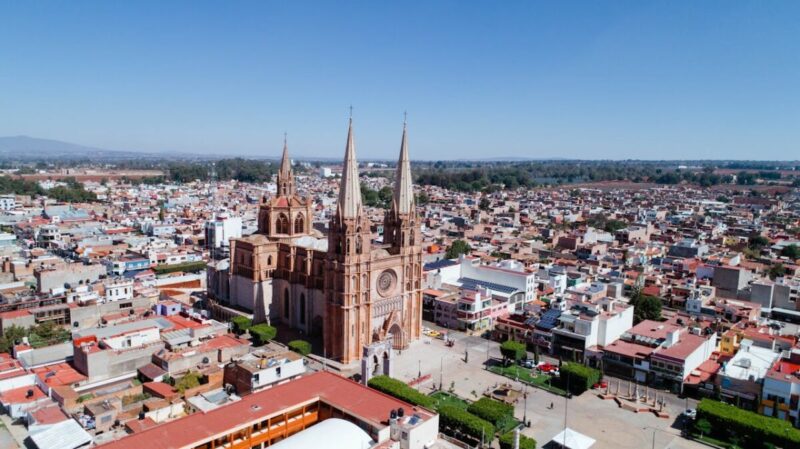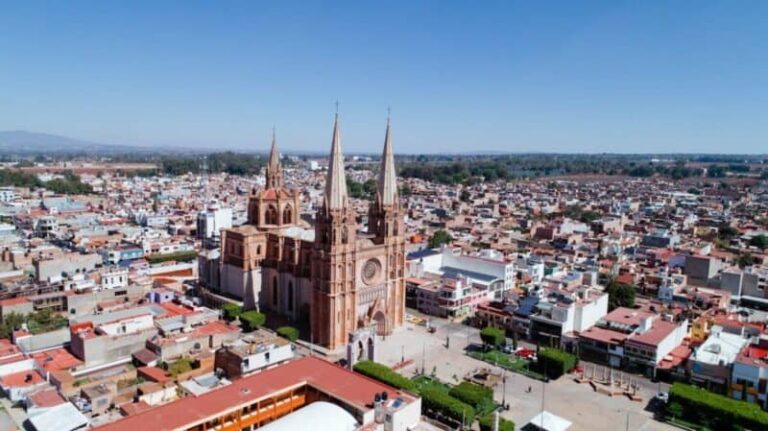Saint Maria Domenica Mazzarello 19th Century Italian
Saint Maria Domenica Mazzarello was born on May 9, 1837, and died on May 14, 1881. She was an Italian Catholic nun who co-founded the Salesian Sisters of Don Bosco. When Saint Maria Domenica was 23 years old, a typhoid epidemic hit her home village, causing the death of many villagers. Soon, her uncle and aunt were taken ill, and Saint Maria Domenica volunteered to care for them and their many children. After a week, they recovered; however, when Saint Maria Domenica returned home, she also became ill with typhoid. She received the last rites of the Catholic Church. She recovered, but the illness left her weak. Would you volunteer to take care of those suffering from Typhoid?
Saint Maria Domenica Mazzarello Biography

Saint Maria Domenica Mazzarello was born in Mornese, in northern Italy, to a peasant family who worked in a vineyard. She was the eldest of ten children. Not much is known about her early childhood. When she was fifteen, she had joined the Association of the Daughters of Mary Immaculate, known for her charitable works, and run by the parish priest; it was a precursor to the founding of the Salesian Sisters.
When Saint Maria Domenica was 23 years old, she got typhoid while caring for the sick in the village of Mornese. Shr recovered from her illness, but was now thin and frail; a shell of her formerly robust self. She took an apprenticeship as a seamstress in the town and worked hard at the craft. Like John Bosco, the skills that she learned in her youth, she was able to pass on to those who would come after her.
The education of girls was a particular need in the nineteenth century, and Saint Maria Domenica decided to devote herself to this work. Hosts of farm girls from the country, or serving girls, factory workers, and street vending girls filled the streets of the city, and all of them were at risk of juvenile prostitution. She wished to educate them and teach them a trade, to save them from the dangers of street life. She persuaded some girls to join her in this project. Fifteen young women now comprised the Daughters of Mary Immaculate. They did seamstress things, leveraging the skills that Saint Maria Domenica had learned.
John Bosco was told of the Daughters by Pestarino. Considering his vision of the young girls, Bosco decided to meet with them. He went to Mornese with his boy band under the guise of raising funds for his Oratory, but his true intention was to investigate the possibility of founding a female counterpart of the male Salesian religious order from the Daughters of Mary Immaculate.
Saint Maria Domenica Mazzarello Death and Veration

Once in St. Cyr, she fainted and was in bed for forty days. The diagnosis was pleurisy. Statue of Saint Maria Domenica Mazzarello at the Roman church named in her honor. Eventually, Saint Maria Domenica recovered somewhat and returned to Italy, even though the doctor told her not to. She said that she wanted to die in her own community. She made her return journey in stages, as she did not want to push herself too much; she was painfully aware of her delicate condition. Fortunately, on one of her stops, Bosco was near and they were able to meet for the last time.
In early April, Saint Maria Domenica returned to Nizza Monferrato. Her native air strengthened her, and since she felt stronger, she insisted on keeping the community schedule and doing her usual work. Unfortunately, it was too much for her, and she relapsed. Near the end of April, it seemed that death was approaching. Finally, in the pre-dawn hours of May 14, 1881, Saint Maria Domenicao began her death agony. After receiving the last rites, she turned her attention to those around her and weakly whispered, “Good-bye. I am going now. I will see you in heaven.” She died shortly after, at the age of 44. She was beatified on 20 November 20 1938 and canonized on 24 June 24 1951. Her incorrupt body is venerated in the Basilica of Our Lady Help of Christians in Turin, Italy. A church in southeast Rome bears her name, Santa Maria Domenica Mazzarello.
Conclusion
Saint Maria Domenica shows that even small and weak people can have a great effect. It is not possible to fully explain the problem of prostitution in 19th-century Italy. She founded the Salesian Sisters of Don Bosco to care for them. This is probably a saint you have not heard of, but you should. She tried to help the most vulnerable in society.





